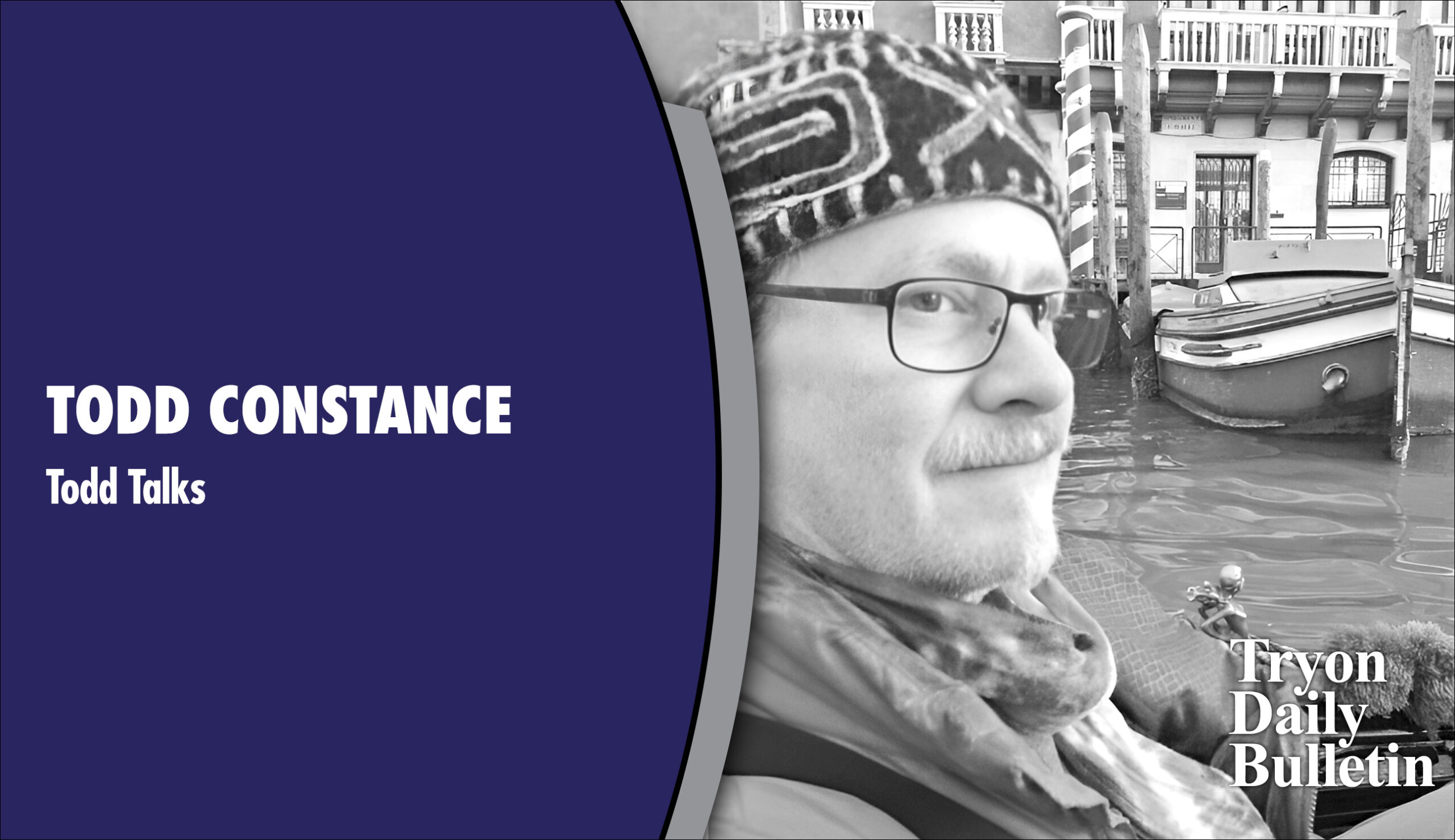Published 9:23 am Friday, April 13, 2012
Untouchable assets
You also need to be aware that there are some assets, such as 401(k) and 403(b) accounts, brokerage accounts, and some life insurance policies that creditors cannot get access to. That’s because these accounts typically have designated beneficiaries, and the money goes directly to those people without passing through the estate.
Tell your kids
If you haven’t already done so, you need to inform your kids and the executor of your will of your financial situation so there are no surprises after you die.
If you do indeed die with debt, and you have no assets, settling your estate should be fairly simple. Your executor will need to send out letters to your creditors explaining the situation, including a copy of your death certificate, and that will probably take care of it. But, your kids may still have to deal with aggressive debt collectors who try to guilt them into paying.
If you have some assets, but not enough to pay all your debts, your state’s probate court has a distinct list of what bills get priority. The details vary by state, but generally estate administrating fees, funeral expenses, taxes and last illness medical bills get paid first, followed by secured debts and lastly credit card debts.
Get help
If you have questions regarding your specific situation, you should consult with an attorney. If your need help locating one use findlegalhelp.org, a consumers guide created by the American Bar Association that offers referrals and links to free and low-cost legal help in your area based on your income level. If you don’t have internet access, call the Eldercare Locator at 800-677-1116 for referrals.
Send your senior questions to: Savvy Senior, P.O. Box 5443, Norman, OK 73070, or visit SavvySenior.org. Jim Miller is a contributor to the NBC Today show and author of “The Savvy Senior” book.





